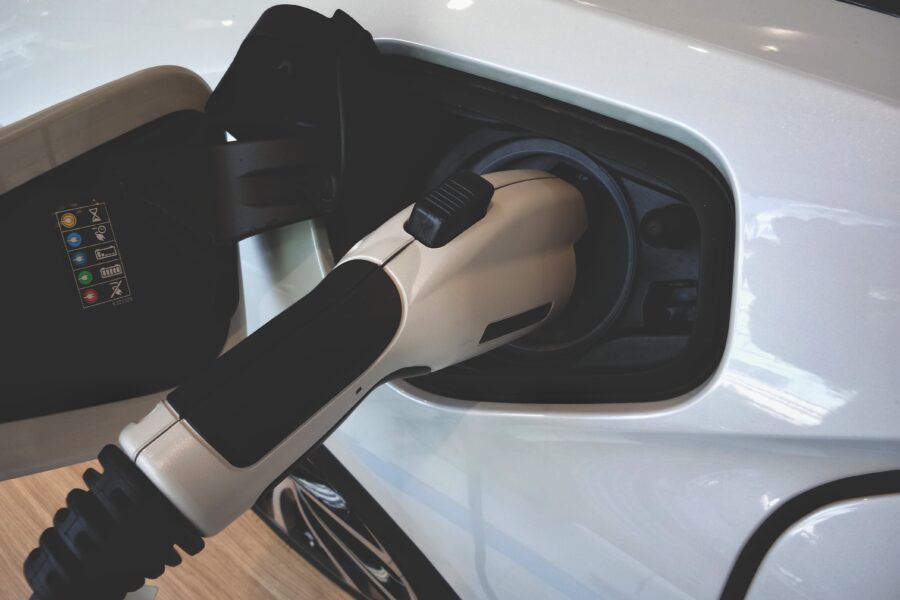AUTO ELETTRICHE

Alternative and green materials: what the electric cars of the future will look like
Disposal of electric car batteries is one of the key points of the new EU Battery Regulation that will soon be implemented throughout the Union. Indeed, on July 10, 2023, the European Council voted on the new Regulation approved by the European Parliament on June 14.
According to data from the European Commission, batteries for cars and electric vehicles in general will account for 87 percent of the nearly 4.4 million tons of industrial batteries projected for 2035 (today it is 0.7 million). This is an important share, given that EU requirements are expected to weigh 17 percent of global industrial battery demand in 2030.
Thus, demand for metals used in batteries (graphite, aluminum, nickel, copper, steel, manganese, cobalt, lithium, iron) is also expected to increase significantly, varying depending on the type of technologies that will prevail and the actual expansion of electric mobility.
New rules on the disposal of electric car batteries aim to recycle components and reuse where possible (second life) batteries in energy storage systems. The strategy aims to curb the growth in demand for virgin raw materials by stimulating the use of secondary raw materials in accordance with the aims of the Critical Raw Materials Act, which sets a target for 2030 that at least 15 percent of consumption in the EU will be met by recovery and recycling.
The EU goal is to recycle at least 50 percent of battery lithium by 2027 and 80 percent by 2031. While for other metals in electric car batteries such as cobalt, nickel, lead, and copper, the target is 90% for 2027 and 95% for 2031. In addition, by 2031 at least 16 percent of cobalt used to make new batteries, 85 percent of lead, 6 percent of lithium and nickel must come from recycling.
Another solution is reuse: batteries from electric vehicles can also have a second life as storage systems for home photovoltaics or in industrial storage facilities.